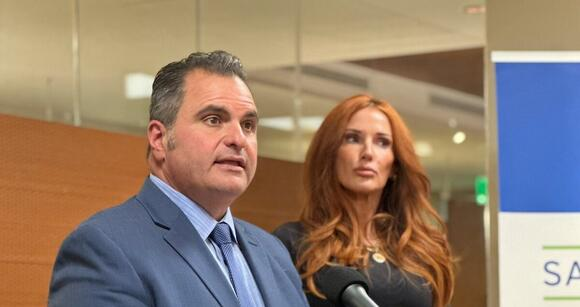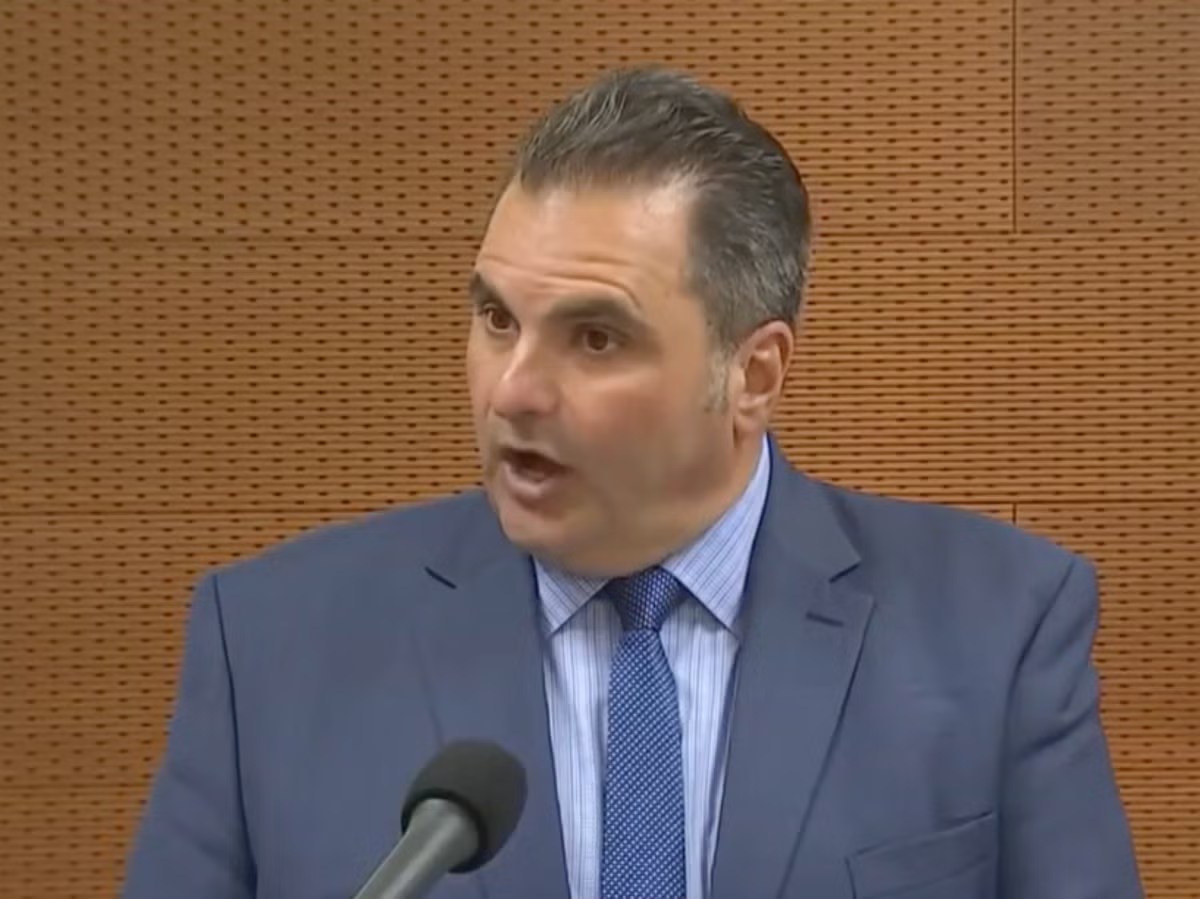The closure of the Everett Leader Herald marks the end of a 139-year-old legacy in Massachusetts journalism. The historic newspaper, which began its journey in 1885, published its final edition after being embroiled in a defamation lawsuit that resulted in a $1.1 million settlement.
The lawsuit, filed by Everett Mayor Carlo DeMaria, accused the paper of spreading false information with malicious intent. This case not only brought an end to a century-old publication but also reignited debates about ethics in journalism and its impact on public trust.
The Defamation Case: A Story of Malice and Retaliation
Mayor Carlo DeMaria’s defamation lawsuit against the Everett Leader Herald highlighted one of the most glaring examples of journalistic malpractice in recent memory.
According to DeMaria, the newspaper orchestrated a smear campaign against him, publishing numerous articles that falsely accused him of unethical practices, including accepting bribes and extortion. These stories, which referred to him as “Kickback Carlo,” were allegedly fabricated by the paper’s publisher and editor, Joshua Resnek, and its owner, Mathew Philbin.
The lawsuit, filed in 2021, unveiled emails and other evidence that demonstrated the deliberate intent to harm DeMaria’s reputation. One email from Resnek, which became a key piece of evidence, stated, “Each week, 52 times a year, I invent the Leader Herald … The mayor is my enemy.”
Read : Why is De Beers, the Biggest Diamond Company in the World is in Trouble?
Resnek admitted to crafting false stories specifically to damage the mayor’s image ahead of a mayoral primary, referring to his approach as “dropping bombs.”
Read : World’s Oldest Sunday Paper “The Observer” Sold to Tortoise Media
The defamation case was not only about fabricated accusations but also about alleged personal vendettas. The complaint suggested that the campaign against DeMaria was retaliation for the mayor not supporting Philbin’s business interests. This revelation painted a troubling picture of how personal grievances could manifest into unethical journalism, tarnishing both individuals and institutions.
The Fallout: The Closure of a 139-Year Legacy
The financial and reputational damage caused by the lawsuit led to the inevitable closure of the Everett Leader Herald. The $1.1 million settlement was a significant blow to the paper, which already faced challenges common to many local newspapers, such as declining readership and advertising revenue.
The closure of the Everett Leader Herald has left a void in the local media landscape of Everett, Massachusetts. With its demise, the city is now served by only two local news outlets, both of which are perceived as being aligned with the mayor’s administration.

Residents like Paula Sterite have voiced concerns about the lack of balanced reporting, fearing that local media will now operate more as propaganda tools rather than watchdogs of democracy.
The Everett Leader Herald’s downfall also highlights a broader trend affecting local journalism across the United States. Many local papers, struggling to survive in an increasingly digital world, face economic pressures that can compromise journalistic integrity. In this case, however, the paper’s own actions—its blatant disregard for ethical standards—led to its ultimate demise.
Ethical Journalism: A Profession Under Scrutiny
The Everett Leader Herald’s defamation case has once again brought the issue of media ethics to the forefront. The deliberate fabrication of stories by a publication is a textbook example of defamation. As Northeastern journalism professor Dan Kennedy aptly put it, “You will not find a clearer example of actual malice.”
Journalists are tasked with the responsibility of informing the public with accuracy, fairness, and integrity. However, when media outlets prioritize personal vendettas or financial gains over truth, the consequences can be far-reaching. This case not only damaged the reputation of the Everett Leader Herald but also further eroded public trust in journalism as a whole.

Jeff Robbins, the attorney representing DeMaria, expressed concern about the broader implications of this case. He pointed out that such incidents deepen the mistrust that many Americans already feel toward the media. In an era where misinformation and “fake news” are pervasive, cases like this only serve to reinforce negative perceptions about the press.
The Everett Leader Herald’s actions also undermine the efforts of countless journalists who work diligently to uphold ethical standards. These professionals strive to report the truth and hold those in power accountable, yet their credibility is often questioned due to the unethical practices of a few.
The Broader Implications
The closure of the Everett Leader Herald is more than just the end of a historic publication; it is a cautionary tale for the media industry. It serves as a stark reminder of the importance of ethical journalism and the consequences of abandoning those principles.
For the residents of Everett, the loss of the newspaper means a diminished local media landscape. Balanced and independent journalism is essential for a functioning democracy, particularly at the local level, where issues often have a direct impact on communities. Without diverse and reliable sources of news, residents may find it more challenging to stay informed and hold their leaders accountable.

This case also raises questions about the role of media ownership and its influence on editorial content. When media owners prioritize personal or financial interests over journalistic integrity, the consequences can be devastating, as demonstrated by the Everett Leader Herald.
The closure of the Everett Leader Herald after 139 years of publication is a sobering moment for the journalism industry. While economic challenges have led to the decline of many local newspapers, the Everett Leader Herald’s demise was self-inflicted, a result of unethical practices and a blatant disregard for the principles of journalism.
This case underscores the critical need for media outlets to uphold ethical standards, not only to maintain public trust but also to preserve the integrity of the profession. As the media landscape continues to evolve, it is essential for journalists, editors, and owners to remember their fundamental responsibility: to serve the public with honesty and accountability.

